Revolutionary Funk Radio
A playlist of songs that have liberated the people since the 70s
October 28, 2020
Music has always been political. For many musicians, the very act of creating is revolutionary — the foundations of genres like funk and soul are built off of Black liberation movements. Funk has always been a genre for the people, by the people.
History has repeated itself, and people again have turned to the arts to express their frustrations and share common experiences. In this playlist, the songs hold the same conversations being held now — talks of racial violence and injustice, Black liberation, and intersectional solidarity.
Revolutionary Funk Radio
During the ’70s, the rise of the funk community was a direct response to the aftermath of the civil rights movement that rose out of the Jim Crow era. The Black Panther Party had been created during the late ’60s in Oakland, California, in direct response to police brutality and racial violence against Black folks. Freedom was on everyone’s mind and therefore reflected in music at the time.
“The Revolution Will Not Be Televised,” Gil Scott-Heron
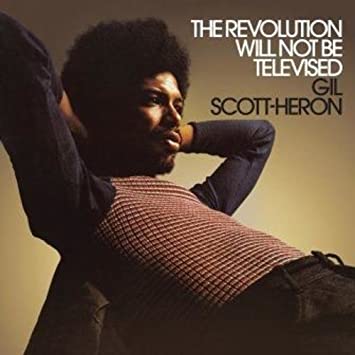
“The Revolution Will Not Be Televised” is Scott-Heron’s wake-up call to folks living in America. The title within itself tells you to get up — freedom won’t be found while sitting at home watching TV, freedom is achieved when the people demand it. Considered funk due to the groove on the bassline, the song also incorporates spoken-word, only reiterating the fact that he is serious about the revolution and serious about what he’s saying.
“Living for the City,” Stevie Wonder
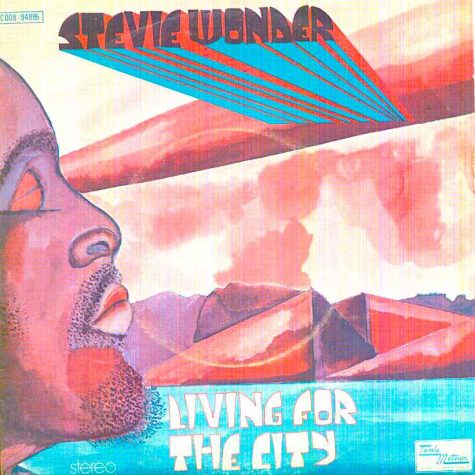
Being a common household name (I hope), there is no question why Stevie Wonder would be on this funk playlist. “Living for the City” tells a story about a Black man living in Mississippi during the heart of the civil rights era. Eventually, he grows up and escapes to New York City. Throughout the song, a churning bassline is heard, emphasizing the zombie-like feeling of living in the city as this man — he walks through every day feeling the same and never getting a leg up. Many of Stevie Wonder’s songs highlight the everyday struggle of being Black in the United States.
“Inner City Blues (Makes Me Wanna Holler),” Marvin Gaye
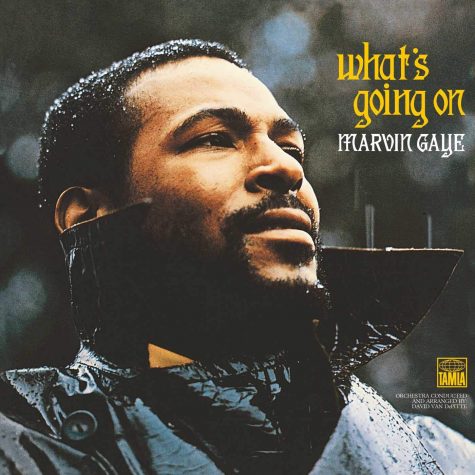
Marvin Gaye’s “Inner City Blues” is a direct response to the economic situation in inner cities in America after the Vietnam War and the space race. At the time of the space race, the government was trying to beat Russia in space exploration by spending a lot of money on sending people to space while cities filled with Black and brown folks lacked basic resources. War, within itself, is beyond expensive. Gaye talks about inflation, debt, crime and policing. Policing increases in his neighborhood because crime is up. Crime is up because everyone is in debt. Everyone is in debt because the government doesn’t provide them adequate resources. This vicious cycle continues and, just like the mesmerizing bassline, is hard to escape.
“Everyday People,” Sly and the Family Stone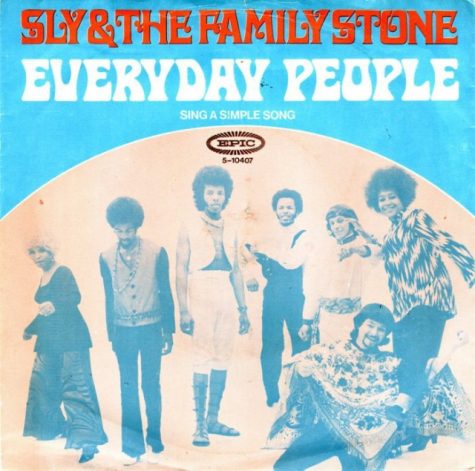
Sly and the Family Stone were a diverse group of musicians that often sang and spoke unapologetically about their experiences. “Everyday People” is one of the songs on this playlist that plans to unify those who are taught to not get along. The band does this through an upbeat song, making it hard to not feel joy when listening.
“Fight the Power, Pts. 1&2,” The Isley Brothers
The Isley Brothers provide a beautiful insight into what abolition feels like. In the song, they mention something as simple as trying to listen to music while being told that they’re disruptive from their white counterparts. After the brothers start to “roll with the punches,” or work with the white people actively working against them, they are met with more racialized injustice. No matter what way they turn or who they work with, they can’t win so they have to fight the power all together. The track is an incredible dance song while simultaneously sharing the lived experience of needing abolition.
“Impeach the President,” The Honey Drippers
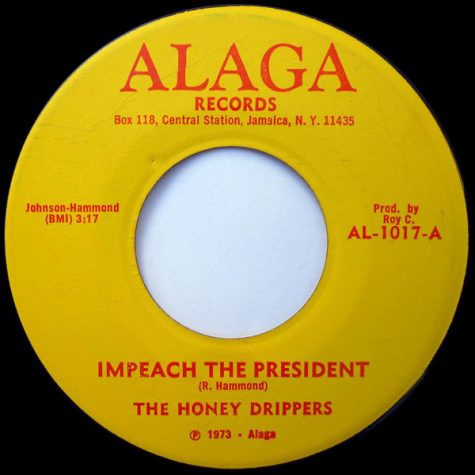
“Impeach the President” released in 1973 was a response to the Nixon administration and its unethical practices. This band from Queens, New York, came together to independently release this track. At the time, the Watergate scandal had cost Nixon his political support and the people were protesting to get him out of the White House. Eventually, he would resign before Congress and the Senate could agree on his impeachment and removal. The song has been sampled over 600 times on many different hip-hop tracks like “The Chronic” by Dr. Dre and Tupac’s “I Get Around.” The truth behind the lyrics has stuck with people ever since it came out and is still applicable to 2020.
“Baltimore,” Nina Simone
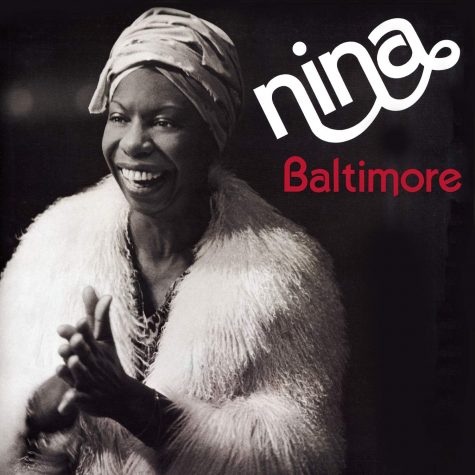
Slowing things down for the last song, “Baltimore” is a description of the city and how Simone’s neighborhood is dying from the inside. Released in 1978, this song reflects on how cities, and specifically Black neighborhoods, were directly impacted by the War on Drugs and other racialized violence. Increased policing in the neighborhood meant less funding, resulting in a city that kills itself from the inside out.
It’s one thing to listen to music, another to truly understand it. These songs are landmarks in a very important timeline — a moment where change was, and now still is, needed. A history lesson within itself, this playlist is also just a reminder of the art that was being generated at the time. These musicians made huge contributions to the evolution of a funk, a revolutionary act within itself.












